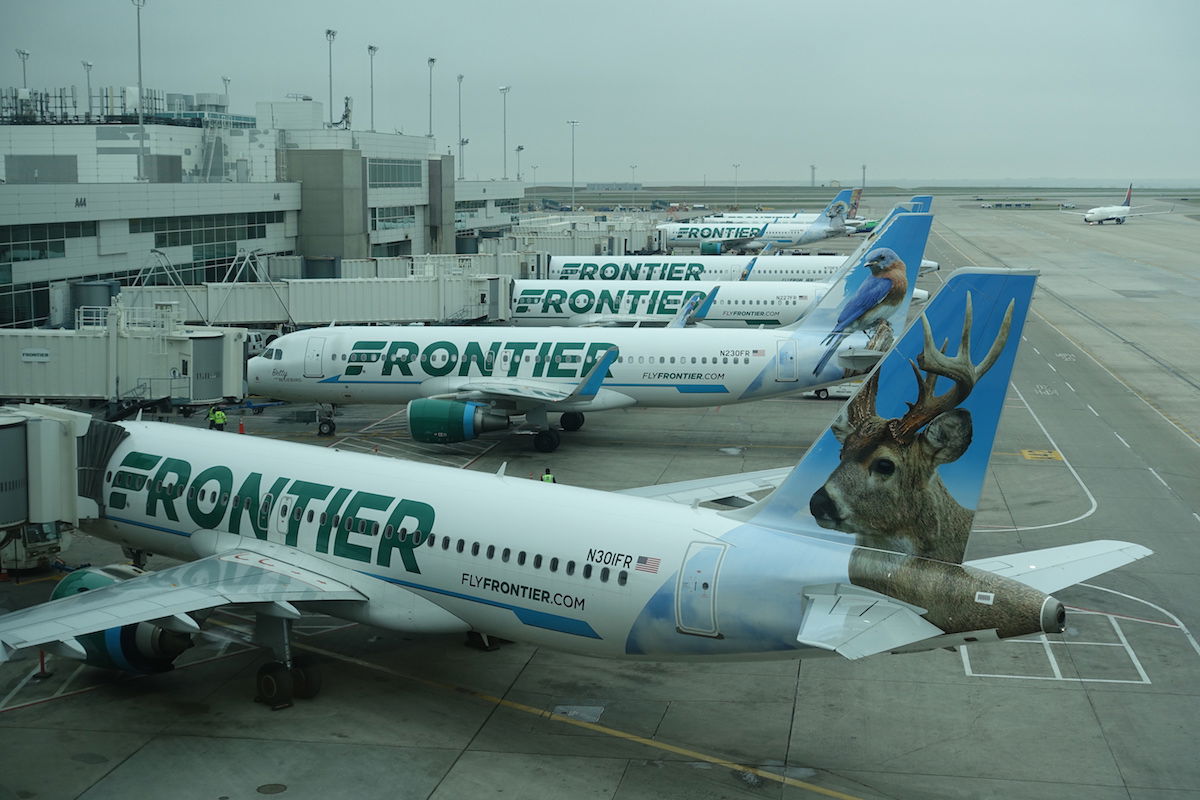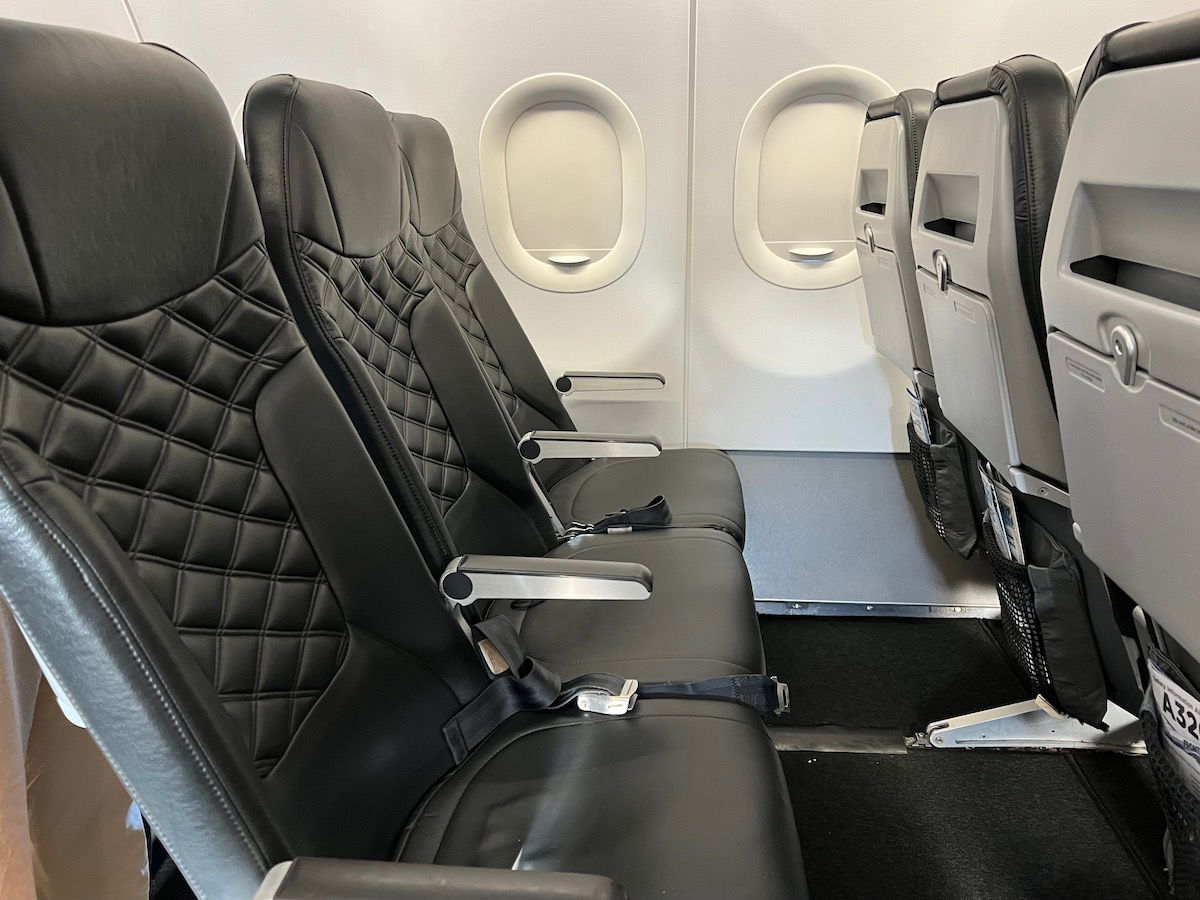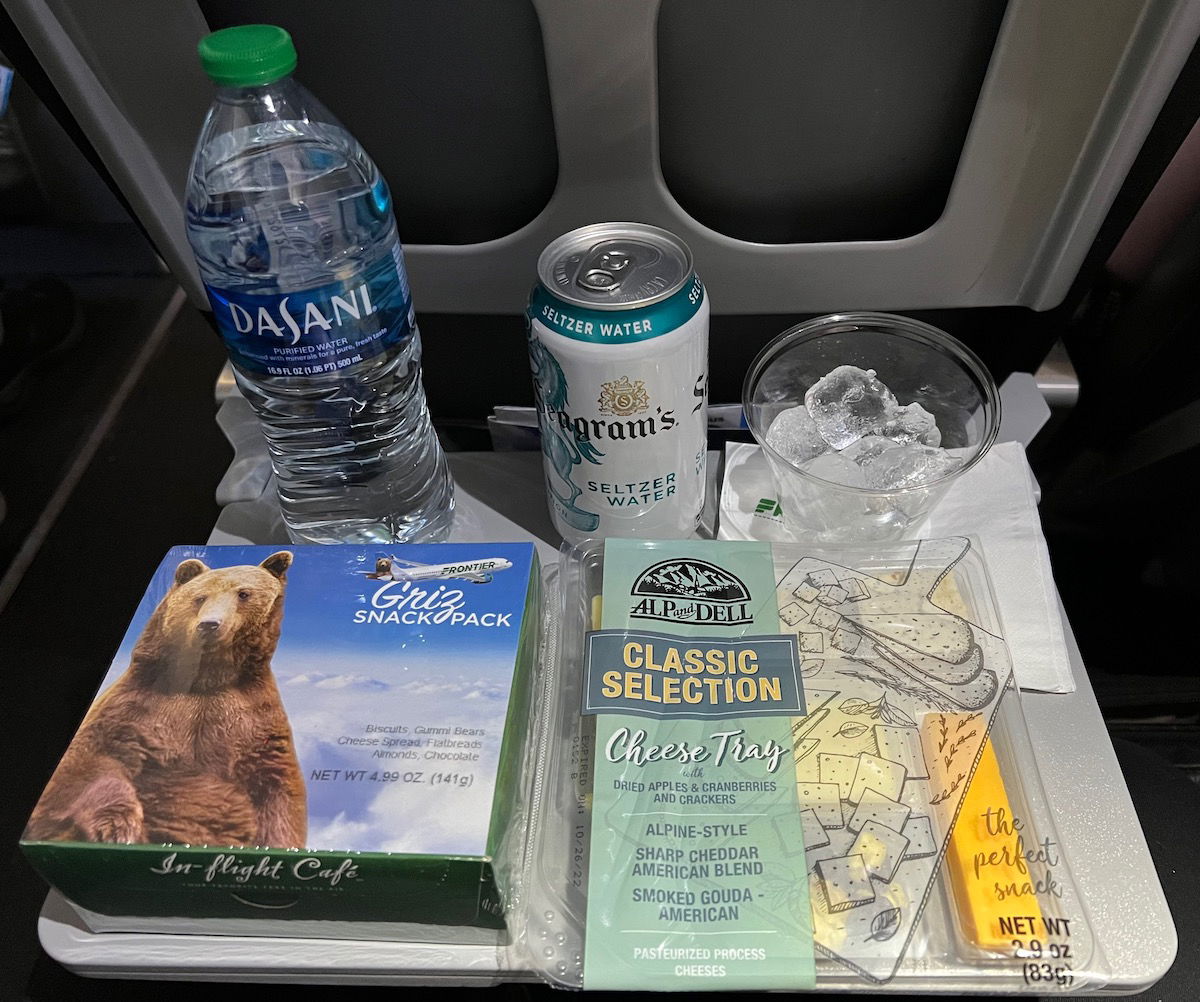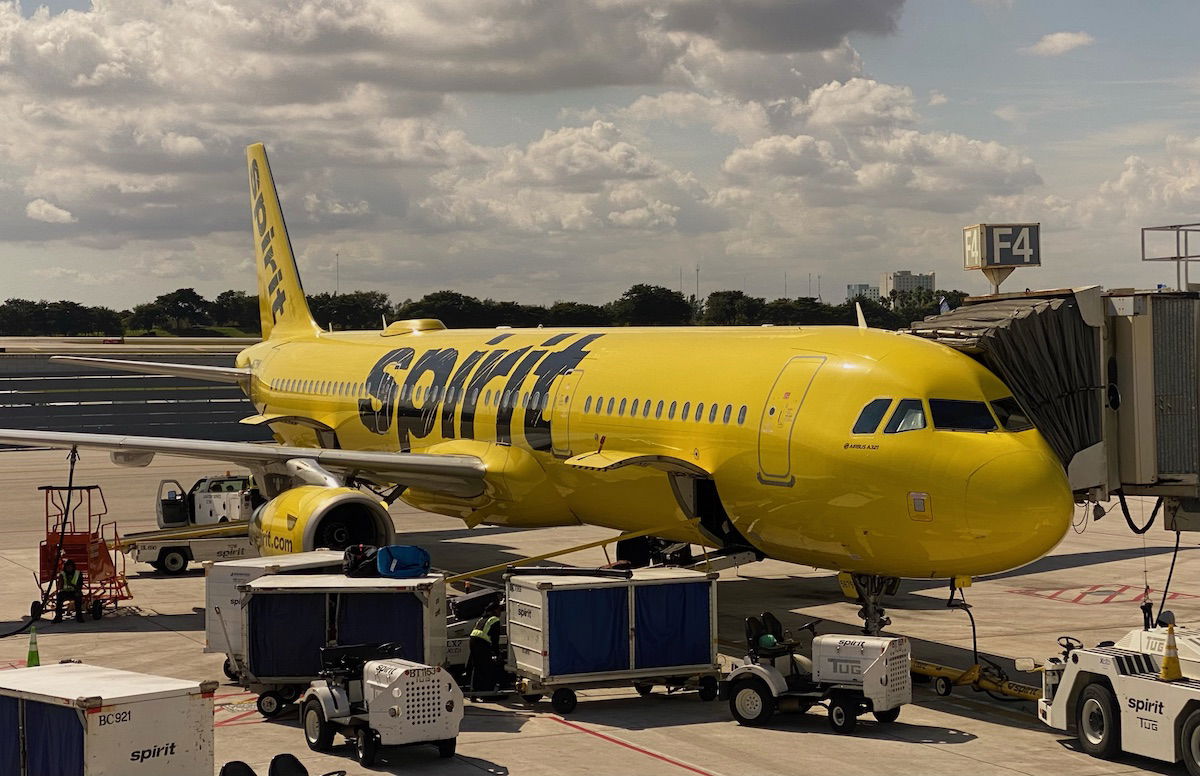Frontier Airlines has just announced some major changes to its business model. These aren’t just minor tweaks, but rather I’d view them more as a complete transformation. The airline is even calling this the start of “The New Frontier.” This is bold, and I’m not sure whether to think that this is brilliant or kind of stupid.
Frontier Airlines is trying to get out of a rut
Before we discuss the changes being made, I think it’s worth talking briefly about how ultra low cost carriers in the United States have been struggling since the start of the pandemic. While the legacy airlines are largely reporting record results, the same can’t be said for ultra low cost carriers.
Airlines like American, Delta, and United, make most of their profits from their long haul flying and from their loyalty programs. Those aren’t things that primarily domestic ultra low cost carriers can tap into in the same way. They can’t operate long haul flights, and they don’t have a customer base that’s as engaged in the airline.
Ultra low cost carriers have also dealt with some other changes. Labor costs are way up compared to pre-pandemic, which isn’t great for running an ultra low cost carrier. Furthermore, the legacy carriers are increasingly competing head-on with ultra low cost carriers, in terms of the routes they operate, selling cheap basic economy fares, etc.
Frontier has been making all kinds of changes to its operations, in hopes of returning to profitability. We’re seeing the airline changing how it schedules flights, increasingly operate to hubs of legacy airlines, and even introduce a premium product with blocked middle seats. Now the airline has revealed its biggest change yet (and I imagine this might also be in preparation for the government requiring more fare transparency)…

Frontier Airlines overhauls pricing with new fare bundles
Historically, the ultra low cost carrier business model has been all about a la carte pricing. The idea is that you see a low upfront fare, and then throughout the booking process you’re charged for everything individually, from a checked bag, to a seat assignment. While legacy airlines have largely eliminated change fees, the same hasn’t consistently been the case at ultra low cost carriers.
Frontier has now updated its pricing, to be more in line with how the legacy airlines price. Now the airline has four fare bundles, which you’ll see when you book your ticket:
- The Basic Fare is what you’re used to with Frontier, and it just includes a personal item
- The Economy Bundle includes a carry-on bag, the ability to assign a standard seat, and no change or cancelation fees
- The Premium Bundle includes a personal item, a carry-on bag, the ability to assign a premium seat, no change or cancelation fees, and the ability to board first
- The Business Bundle includes a personal item, a carry-on bag, the ability to assign an UpFront Plus seat, no change or cancelation fees, the ability to board first, and two checked bags weighing up to 50 pounds

I’ve gotta say, at least for now, the pricing for the fare bundles seems really reasonable. I’m finding that the bundles are often costing $30 extra for the Economy Bundle, $50 extra for the Premium Bundle, or $100 extra for the Business Bundle. That’s more than fair.
As you can tell, perhaps the biggest change here is that Frontier is eliminating change fees on three of its fare bundles. This is completely unheard of for ultra low cost carriers in the United States. The credits issued with this will be valid for 12 months.

Frontier Airlines improves customer experience
Beyond the new fare bundles, Frontier is improving the customer experience in a few ways.
For one, historically Frontier vouchers have just been valid for three months, while with the new system, they’re valid for 12 months, so that’s considerably more flexibility.
Next, Frontier eliminated phone support a couple of years ago in order to cut costs, but is bringing it back. Phone support is once again available for customers traveling within 24 hours, as well as for elite members traveling at any time.
Frontier also promises improved communication and technology, with an updated website and mobile app, that’s supposed to make it easier to plan travel, and to receive alerts about the status of your trip.
What’s not changing, at least for now, is the core of Frontier’s passenger experience. Everything onboard is still available for purchase, so unlike on legacy carriers, you don’t get free drinks and snacks.

Is Frontier Airlines’ pivot brilliant or stupid?
I have to give Frontier huge credit for actually making major changes. The airline is in a rough spot, and executives aren’t just sitting around hoping the airline will just suddenly become profitable. That being said, I’m not sure whether to think that these changes make sense, or will only put the airline in a worse spot.
Essentially we’ve seen the legacy airlines do a much better job of competing with ultra low cost carriers on price, by offering basic economy and flying in leisure point-to-point markets. Now we’re seeing ultra low cost carriers attack the legacy airlines head-on, increasingly flying hub-to-hub routes that are dominated by legacies, and now largely matching their fare structures.
Will this simplicity in fare bundles cause more people to consider booking Frontier, or will the lack of “gotcha” fees simply reduce revenue for Frontier?
I’m not sure what to think here, because the fundamental problem is that the legacy airline aren’t actually making much money on their domestic, economy flying. They’re making money from long haul flights (particularly across the Atlantic in summer), they’re making massive amounts of money on their loyalty programs, and they’re also able to capitalize on the premium demand that’s out there.
But if you take long haul flights, loyalty programs, and premium cabins out of the equation, even the profitable US airlines aren’t really making much money. Sure, ultra low cost carriers have a cost advantage, but not as big as it used to be, given how labor costs have gone up across the board.
It seems to me like some major macro economic changes have to take place for ultra low cost carriers to be in a position where they can be consistently profitable. Because it’s not that they suck at what they’re doing, they’re just in a really tough business at a really tough time. And the fact that so much of the industry capacity is consolidated with four airlines doesn’t help either (which is all the more reason it made no sense to block the JetBlue and Spirit merger, in my opinion).

Bottom line
Frontier is making some radical changes to its business model. Rather than having very low base fares and charging fees for everything, the airline has now introduced fare bundles more in line with what you’ll find at the legacy carriers.
Frontier has its “basic” fare, which is the same as before, and only includes a personal item. But the airline also has three other fare bundles, which include all kinds of things that travelers would want, including no change fees.
I can’t understate how major this change is, because this is basically the opposite of how ultra low cost carriers in the US have operated for years. With such a radical change, I have to imagine this will have an impact on Frontier’s bottom line. Whether that’s positive or negative remains to be seen…
What do you make of Frontier’s major changes?

